PLANET COMPLIES WITH ORDER OF THE COURT CONCERNING ENTRIES ON BLOG … ‘WE ARE A NATION OF LAWS,’ AND THAT IS ALMOST ALWAYS AN INVIOLATE PRINCIPLE
By DAN VALENTI
PLANET VALENTI News and Commentary
ADD#2, JUNE 29, 2012 — You will notice that we took down many of the comments left at the end of this story. We do that after applying a broad standard to the judge’s injunction that THE PLANET not write about the case at issue. The action does not reflect anything more than that. Typically, as readers of this site well know, we encourage lively discussions. Readers will also know that we have, from the beginning, tried mightily to keep the comments section free and open while not having it degenerate into a Topix-like cesspool.
It was one of the key consideration when we began THE PLANET: Should we allow comments or not. There were arguments made on both sides, compelling ones at that. AGAINST argued that cyberspace, with such a large and diverse population, tends to draw a disproportionate share of hysteria when free comment is allowed. Case in point, Topix. FOR argued that the unique nature of cyberspace as a journalistic medium is that it allows instantaneous feedback. This is “the marketplace of ideas” at a level of robustness unimaginable by even the most visionary patriots.
THE PLANET has long stood for free speech, and therefore, we decided on having comments. We think we’ve done a responsible job in trying to keep comments productive by applying a question: Does the comment move the discussion forward?
We thank the avalanche of support we have received in light of the court order. Further, we ask the indulgence of those whose comments may have been redacted.
May we also add one other point here: In taking PLANET VALENTI from its print home in The Pittsfield Gazette to cyberspace, we were engaging in a grand journalistic experience. Having correctly judged cyberspace as the cutting medium of exchange and the rapid demise of AM radio and newsprint, we wanted to make the jump.
First, we had nothing more in mind than a literary experience. THE PLANET wanted to find out if we could produce a daily online journal that would present fresh content each day, honestly written, at relatively comprehensive length, and maintain the productivity in addition to our present work load of writing and teaching. We also wanted to transpose our professional skills learned at the country’s finest journalism school, cultivated on the job at several top newspapers, and honed in a lifetime of professional experience as a writer, author, broadcaster, and college educator to cyberspace. It reminded of when Walter Cronkite left his job as a wire-service reporter to work in that untested frontier medium of TV. Would his news background translate?
There were countless blogs when we began in September 2010 and there are probably more today. What sets us apart from most is that we bring to blogging a lifetime of journalistic and authorial experience. We knew how to get stories, cultivate sources, find information. We brought a lifetime of knowledge, research, discovery, and wits with us, each disciplined by traditionalist professional protocols and each subject to the dizzying, at times intoxicating freedom allowed by the Wild, West West of the cyberspace frontier.
It’s been one of the most rewarding professional experiences of our life, as well as one of the most challenging. Each day, we deal with that tension of restraints of professionalism versus the sensationalism of the new medium.
THE PLANET also determined, from the start, that we would not make THE PLANET a “cost center.” We did not want to make money off PLANET VALENTI. Having worked for commercial media in print and broadcasting, we wanted to be free of commercialism and any influence from advertisers. We adopted as our motto, taken from the late, great Shirley Chisholm, “Unbought and Unbossed.”
No one could ever accuse us of being in it “for the money.” Our intentions were and are pure in their simplicity: bring coverage to events that might not be reported or, if they make the traditional news, might not be told with the fullest exposure to the truth. And what is truth? That’s Pilate‘s great question to Jesus, isn’t it?
We determine truth based on facts. From the facts, we extrapolate by deduction to arrive at opinion, interpretation, and analysis to help our readers make informed judgments for themselves. We have long been a lover of logic, both inductive and deductive, in determining what we might otherwise not know, for example, someone’s motivations if they do something odd or unexplainable. THE PLANET has never pronounced Truth, only the truth as best as we could determine from the facts and from a reasonable interpretation of what those facts might mean. Readers are free to accept or reject our views. They are just that: informed opinions, but opinions nonetheless formed only after applying the disciplines of my profession and those of logic.
In doing so, we wanted to created a “free marketplace of ideas” that our Founding Fathers wanted so desperately to create. Hamilton, Jefferson, Washington, Henry, Franklin, and all the others disagreed vehemently on many points, but they were all certain of this: They didn’t want a monarchy or any other form of authoritarian government. They didn’t want Divine Right of Kings or heredity. They wanted elected representatives, a government of, by, for for The People. THE PLANET takes great pride in having created such a marketplace for our readers. In doing so, there is no doubt that we have advanced the cause of truth and made the community a better place.
We have broken many stories and revealed more details on others that we did not break. Always, we had two people in mind: Mary Jane and Joe Kapanski. Mary Jane and Joe are the two mythical characters we invented to stand for the Everday Man and Woman, Mr. and Mrs. John Q. Public. We envision them living in our hometown, Pittsfield, Mass., but they could be anyone, anywhere. They are the good, honest, decent citizens who work hard everyday, obey the law, pay their bills on time, hand over every red cent of tax tribute to Caesar, and want only to live in peace, with government helping them and not hurting them.
THE PLANET pleads guilty to being an idealist. We entertain the quaint notion that We The People own the government and its officials. We see the press as a vital member of society, the well-named Fourth Estate, whose main function should be as a watchdog on officials, policy makers, and everyone who acts on behalf of the public in a fiduciary role. Like Pilate, “What we have written, we have written.” We do it, though, for a far more noble cause. We do it for The Little Guy. We do it for America herself, land that we love.
—————————————————-
ADD#1 JUNE 28, 2012 — THE PLANET is now in compliance with the court order … and then some. We have removed all posts that reference the Plaintiff, her father, and references to the victim of the Dec. 8, 2011 incident. We went beyond what the court asked to demonstrate our good faith in dealing with the order. We can tell you that 76 posts were removed from the archives, and that we went beyond merely redacting the Plaintiff’s name.
THE PLAENT also will share this. Beginning now, we shall not allow any postings about this case to be published. We will keep posts sending support and best wishes, as these are important to establish that the vast majority of public opinion we have seen in the past 18 hours has been supportive of us.
No one believes more in free speech, the necessity of a free press to the fair functioning of democracy, and in our First Amendment rights than we do. Again, however, we are complying with the court order to establish our belief, now considered some to be hopelessly idealistic, that we must first, before anything, be a “nation of laws.”
The U.S. Supreme Court demonstrated this today in its historic ruling upholding President Obama’s health care reform package. The difference was the Chief Justice Roberts, who was being counted on by conservatives to vote against the plan. Roberts didn’t. To him, the law was bigger than the ideology. He got beyond the politics of the matter and did what few foresaw him doing. That is one of the most heartening public decision we can recall.
—————————————————–
(FORTRESS OF SOLITUDE, JUNE 28, 2012) — Now we know how Julian Assange feels. In any case, you are all wondering what we shall do in light of the court “Harassment Prevention Order” imposed on THE PLANET.
The simple answer is that we shall comply.
We received the single-sheet order late last night, and it is straightforward.
The court order compels us to remove any information referring to the plaintiff from our website. We are in the process of doing that.
There are, of course, interesting First Amendment issues at stake here. That being said, THE PLANET also has been a strong believer in and advocate for the notion that we are “a nation of laws.”
We are in the middle of a fine book right now, Land of Promise: An Economic History of The United States by Michael Lind. The book spends many pages on the dual visions of America put forward in its earliest days: Hamilton’s, which advocated a strong federal government, and Jefferson’s, which wanted a loose central power with a relative supremacy given to states’ rights. Both agreed, however, that we would be a nation of laws, not of monarchs.
THE PLANET has always held that principle fundamental, and this case represents an opportunity to demonstrate that.
THE PLANET thanks all of you who conveyed support to us and who expressed an appreciation for the efforts of this website. Situation change with specifics, but for now, THE PLANET will be avoiding the topic in question and any mention of the plaintiff. We ask the same for any commentators. To reiterate, as we have publicly stated, we have never — an absolute term, never — contacted or been in contact with the plaintiff by word, phone, e-mail, text, carrier pigeon, smoke signals, or any other way. Nonetheless, the court order, while unnecessary and superfluous given this lack of contact, has been and will be followed to the letter.
————————————————————————-
WITH THAT, HAVE A FINE DAY EVERYONE. FORWARD, AND WITH COURAGE.
“OPEN THE WINDOW, AUNT MILLIE.”
LOVE TO ALL.



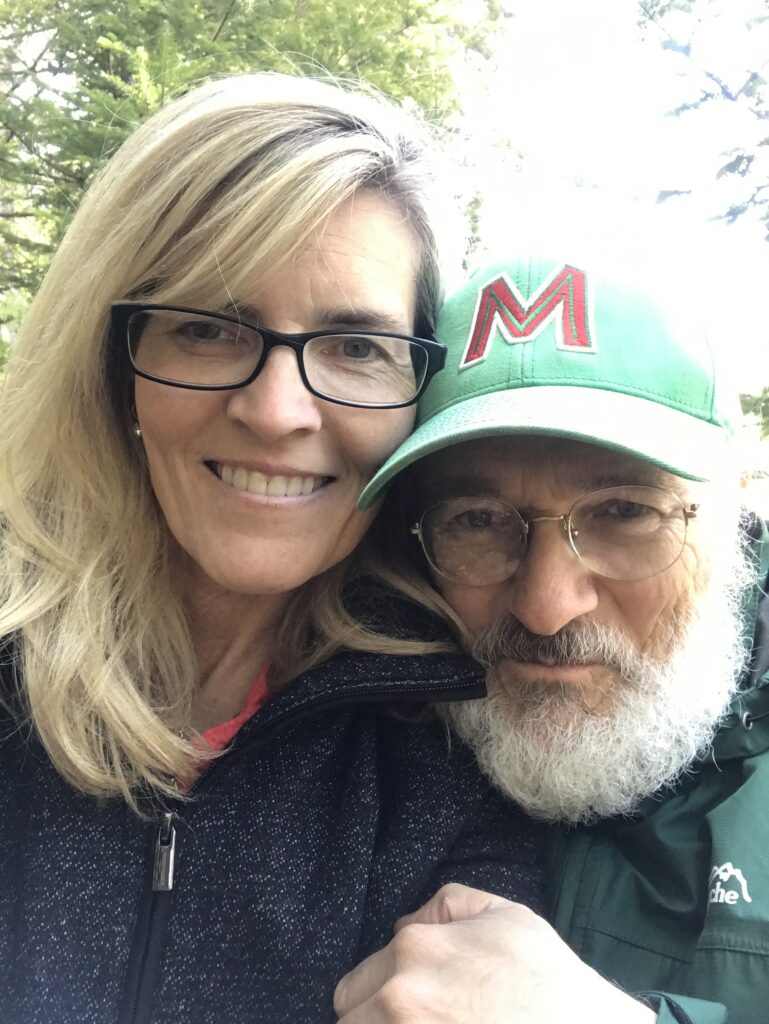

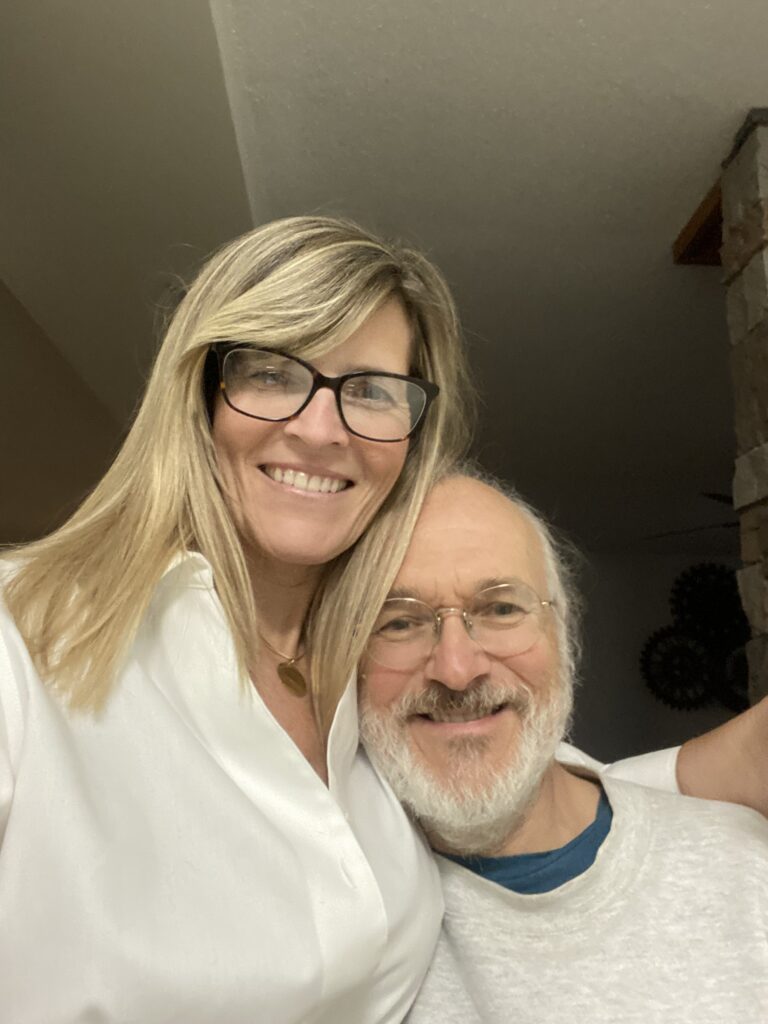

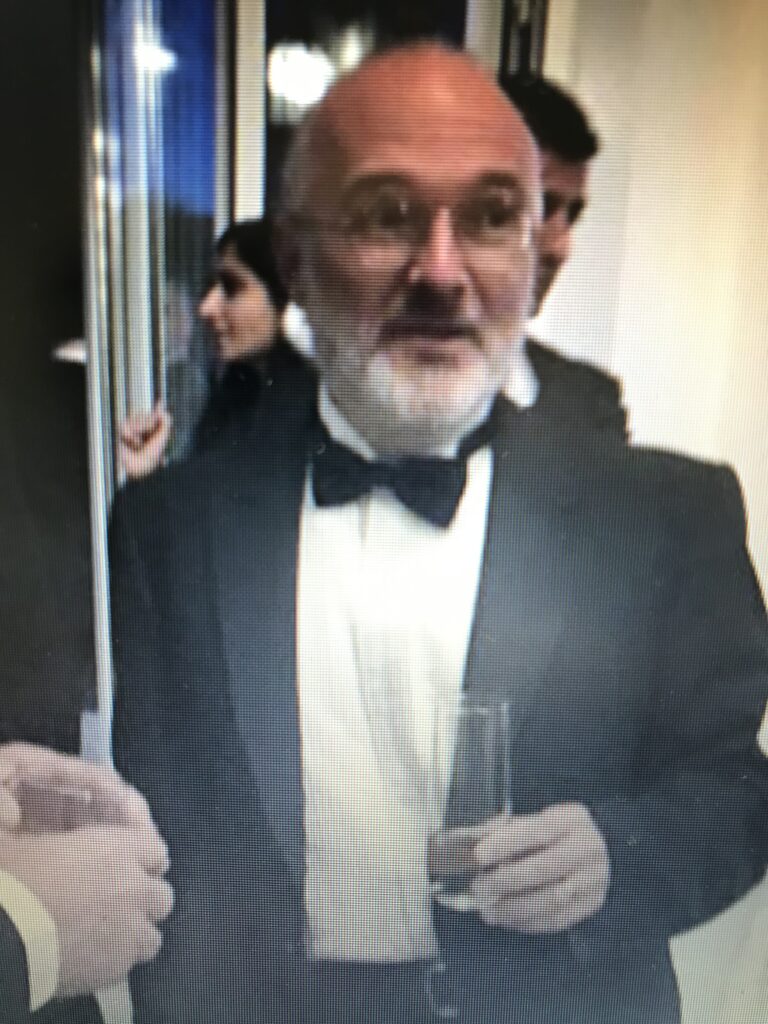

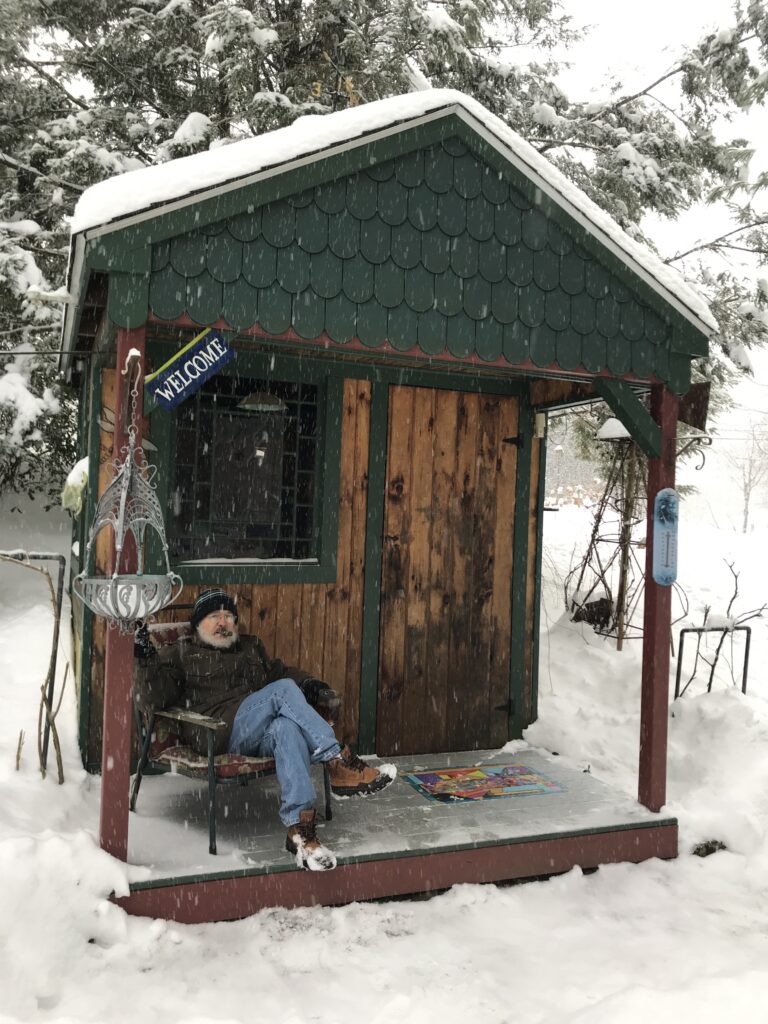
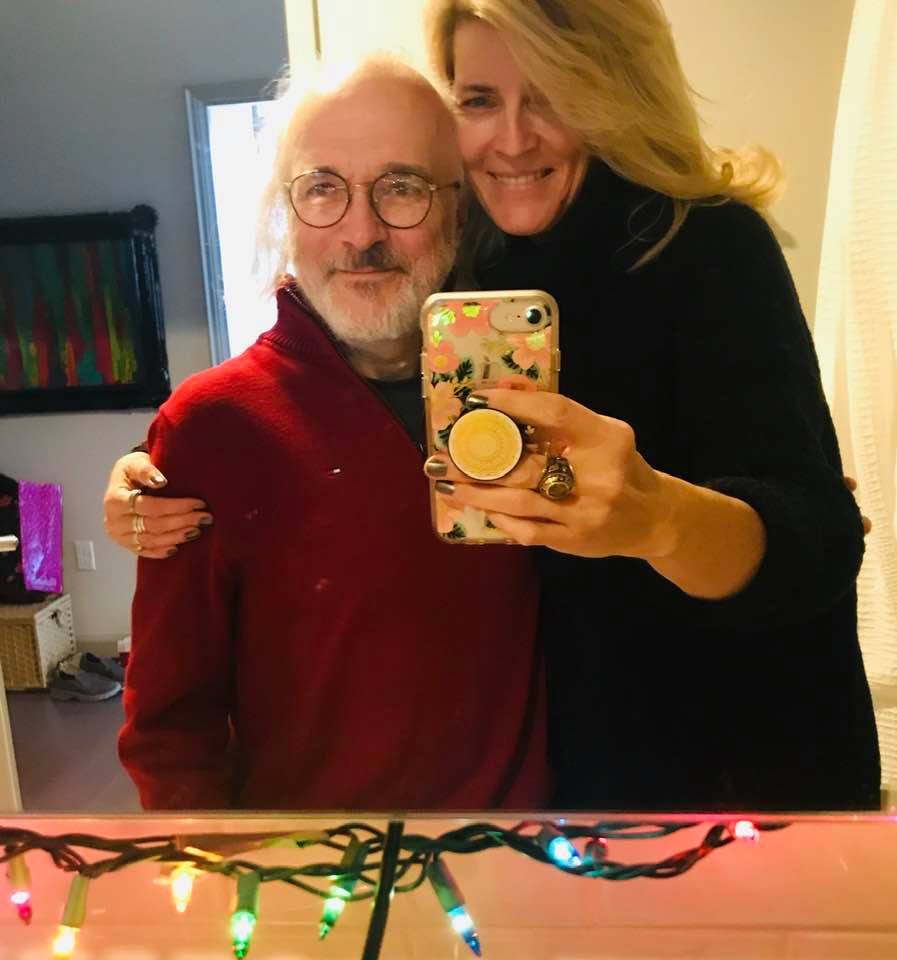
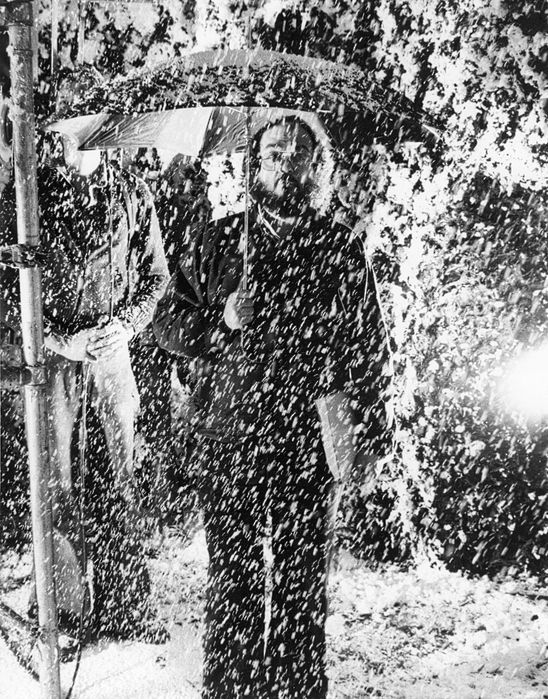
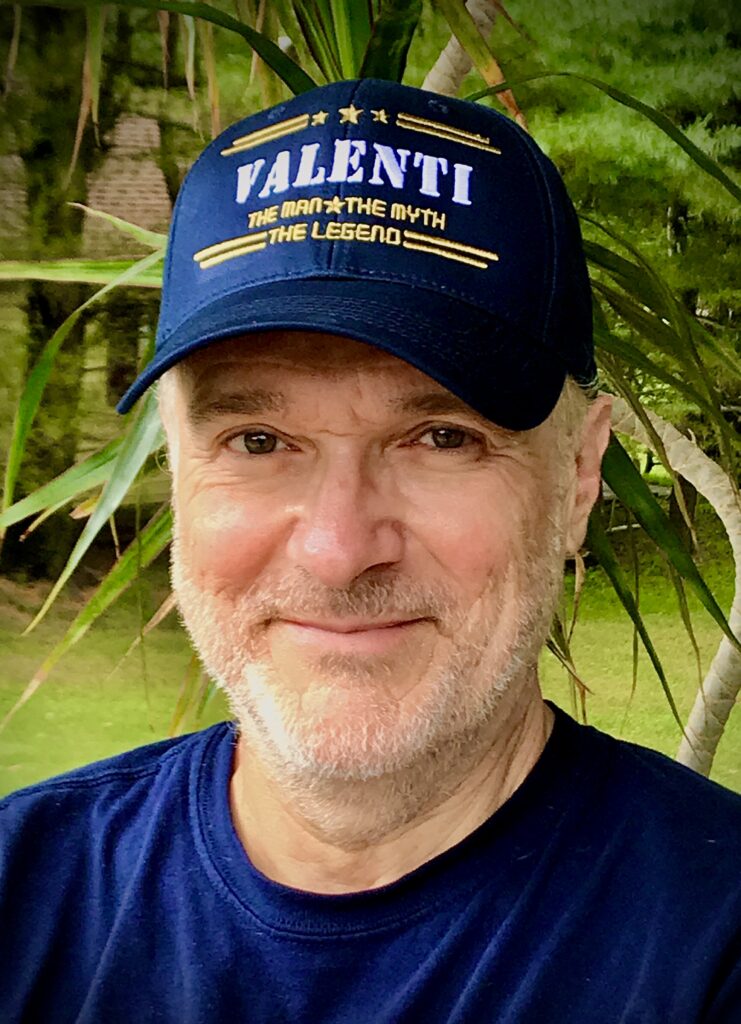


Supreme Court 1972
Branzburg v. Hayes. “The administration of a constitutional newsman’s privilege would present practical and conceptual difficulties of a high order,” wrote Justice Byron White. “Sooner or later, it would be necessary to define those categories of newsmen who qualified for the privilege, a questionable procedure in light of the traditional doctrine that liberty of the press is the right of the lonely pamphleteer who uses carbon paper or a mimeograph just as much as of the large metropolitan publisher who utilizes the latest photocomposition methods.”
White added:
“Freedom of the press is a ‘fundamental personal right’ which ‘is not confined to newspapers and periodicals. It necessarily embraces pamphlets and leaflets. … The press in its historic connotation comprehends every sort of publication which affords a vehicle of information and opinion.’ … The informative function asserted by representatives of the organized press in the present cases is also performed by lecturers, political pollsters, novelists, academic researchers, and dramatists.”
What a shame this prior restraint decision is. I’m not easily shocked but I was shocked by this blatant 1st amendment violation. I assume that any appeal will be moot once this order is vacated on 7/9. But, if it is extended, I hope you vigorously challenge it. I know you have the support of 1st amendment advocates everywhere on this one.
I think it would be of interest to see a copy of the order. Can you (and will you please) post it?
I wish you the best.
I read about the injunction and was both incensed over it and sympathetic to Dan. Dan has since said he believes in being a “nation of laws” and that he’ll comply with th injunction. I’m highly disappointed at his response.
The injunction is a violation of the First Law Ever Adopted, which is the First Amendment. The injunction is illegal, not Dan’s blogging about a snot nosed brat who hit an innocent pedestrian with her car and left the scene. And the court’s reaction? To give the offender a get out of jail free card. Here again we have a court refusing to evenly apply the law. A clear violation of the 14th Amendment guarantee of equal protection under the law.
I don’t know you Dan. But I know myself. And I’d never “assume the position” and let any judge or any court shove an illegal order down my throat or up my you know what. If it were me, I’d have told the judge “With all due respect your honor, your order is an abject violation of the very heart of the Constitution. It’s an illegal order. I won’t obey it. The Supreme Court, not you, has already decided in case after case that what I’m doing is constitutional. You’ll be overruled when I appeal and you’ll make a fool of yourself. You can do the right think now and vacate your illegal order, or you can – as I suspect – remain on your high horse until a higher court throws you off it. Your choice.”
In blithely accepting the judge’s illegal order, Dan (and all those who let the courts get away with illegal rulings) has encouraged and fed the courts’ belief they’re above the law and everyone else is a subject, not a citizen with rights. Only when the bully is faced down does the bully stop bullying others.
This is what the experts say:
http://www.openmarket.org/2012/07/06/maryland-court-dissolves-injunction-against-blogger-massachusetts-judge-orders-blogger-to-take-down-blog-posts/
The judge’s order in Nilan v. Valenti is a patent, flagrant violation of the First Amendment, as two lawyers, a law professor, and I noted in a July 4 story in the Berkshire Eagle that quoted us.
Restricting blog posts or tweets under the theory it is “harassment” violates the First Amendment, under federal court rulings like United States v. Cassidy, 814 F.Supp.2d 574 (D.Md. 2011), which ruled that repeated tweets denouncing someone were protected. This is even more true in the Nilan case, which is newsworthy and involves a matter of public concern.
Nilan apparently argued that Valenti’s blog posts resulted in angry members of the public (who may have perceived Nilan as receiving preferential treatment due to her being the daughter of a court official) making threats against her. But even if this is true, that would not change the fact that his blog posts were protected by the First Amendment. Speech is protected by the Supreme Court’s decisions in Brandenburg v. Ohio, 395 U.S. 444 (1969) and Hess v. Indiana, 414 U.S. 105 (1973), even if some outraged readers make threats as a result, unless the speech deliberately incites such threats. None of Valenti’s blog posts contained any such incitement. As Los Angeles lawyer Ken White has noted, the judge’s order violates well-established First Amendment principles, under which “only incitement that is calculated to cause, and likely to cause, imminent lawless action may be prohibited or punished.”
The judge’s order violates Massachusetts law, not just the First Amendment. Even if Valenti’s blog posts contained errors, as Nilan claimed, that is not a basis for a harassment prevention order, whose statutory purpose is to prevent harassment, not erroneous commentary or even defamation. The judge’s order conflicts with rulings by Massachusetts appellate courts, like O’Brien v. Borowski, 461 Mass. 415 (2012), which indicate that anti-harassment orders can only be issued against speech if it fits within the “fighting words” and “true threats” exceptions to First Amendment protection — which is obviously not the case here, since Valenti’s blog posts did not make threats or contain fighting words. As the Massachusetts Supreme Judicial Court noted in the O’Brien case, “Because the definition of ‘civil harassment’ is substantially broader than the definition of ‘fighting words,’ we discern no legislative intent to confine the meaning of harassment to fighting words, but we do discern an intent to confine the meaning of harassment to either fighting words or ‘true threats.’”
Even if Massachusetts law permitted the judge to enjoin defamation, rather than just harassment, the First Amendment rule against prior restraints would bar her from doing so. The rule against prior restraints bars judges from issuing injunctions against even defamatory speech (assuming for the sake of argument that Valenti’s blog posts were false). The proper remedy for defamation is a suit for damages, not an injunction restricting speech. The Supreme Court made that clear in its 1931 ruling in Near v. Minnesota. As lawyer Ken White observed, “the theories on which Nilan sought” the harassment order, and on which the judge granted it, are “plainly unconstitutional.” “Prior restraint on otherwise protected speech (that is, preventing Valenti from writing about Nilan at all) is only permissible in very rare cases, and orders requiring the removal of defamatory material generally come only after a full trial on the merits,” he wrote.
The judge’s order was a very obvious violation of the First Amendment, as legal commentators and First Amendment experts pointed out. As the Berkshire Eagle noted,
University of Tennessee law professor Glenn Reynolds, writing on the blog Instapundit.com, called the judge’s order unconstitutional and bemoaned what he called the “absolute immunity” of judges. Radley Balko, a senior writer for Huffington Post, in a recent Twitter post called the judge’s order “outrageous.” Robert J. Ambrogi, the executive director of the Massachusetts Newspaper Publishers Association who is a lawyer and blogger, also weighed in. He said if publishing material that portrays people in a bad light qualified as harassment “every newspaper in the country would be shut down tomorrow.”
Blogs, like newspapers, qualify as the press, and thus logically are entitled to freedom of the press, as well as freedom of speech. For example, the California Court of Appeal held that the ”O’Grady’s PowerPage” blog was protected by the media shield provision covering any ”publisher, editor, reporter, or other person connected with or employed upon a newspaper, magazine, or other periodical publication. See O’Grady v. Superior Court, 139 Cal.App.4th 1423 (Cal. App. 6th Dist. 2006). See also EPIC v. DOD, 241 F.Supp.2d 5 (D.D.C. 2003) , in which a federal court ruled that the publisher of a bi-weekly electronic newsletter qualified as the media, entitling it to a waiver of fees on its freedom-of-information request.
The First Amendment prohibits court injunctions and damage awards over constitutionally-protected speech, even in cases brought by private parties, as the Supreme Court made clear in Snyder v. Phelps (2011) and New York Times v. Sullivan (1964).